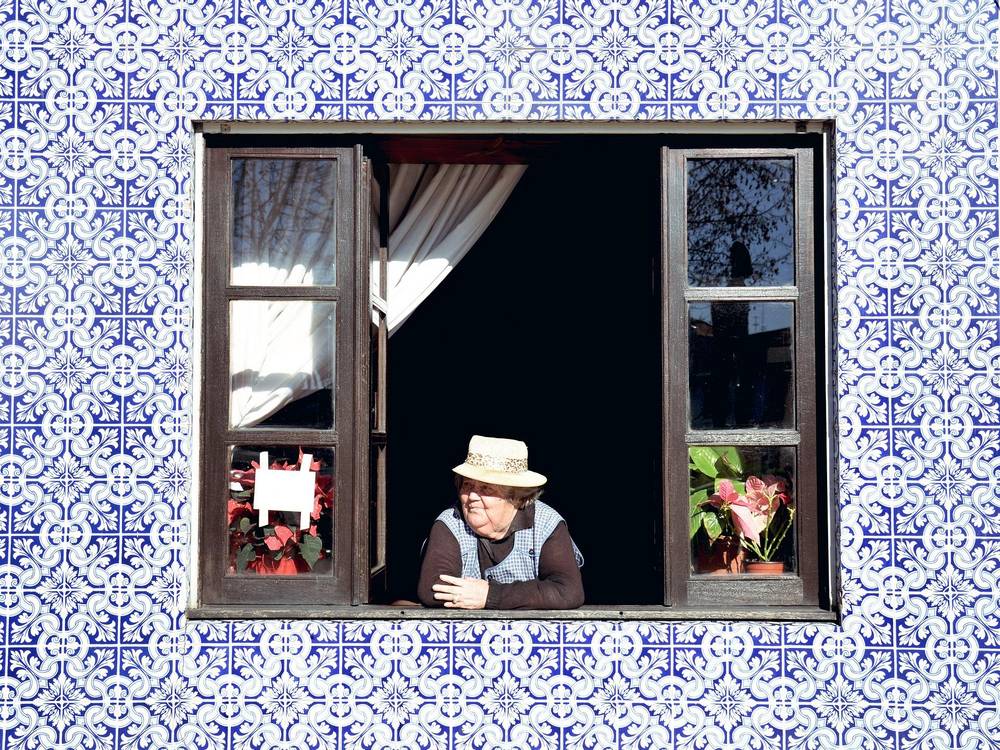For 33 years, we have been celebrating the International Day of Older Persons on 1 October. According to the data of the Statistical Office of Slovenia, on 1 January this year, Slovenia had 453,708 inhabitants older than 65 years. Their share in the entire population is growing. According to population projections (EUROPOP2023), the number of inhabitants of Slovenia is expected to decrease by 7.8% by 2100, while the number of people older than 65 is to increase. “The data clearly shows that even yesterday it was essential to devote sufficient attention to the ageing of the population, while in Slovenia we move slowly and are violating a number of rights of older persons in the process,” warns Ombudsman Svetina.
The Ombudsman emphasises that older persons are not enough included in the search for solutions pertaining to them. “Decisions affecting older people are often made without asking them about their wishes and opinions or truly studying their needs. They are one of the most overlooked and ignored vulnerable groups. At the Ombudsman’s office, we have been noticing the ever-increasing distress of older people, not only due to loneliness but also because of the all too frequent feeling that they are only a “burden” for society,” adds the Ombudsman.
The Ombudsman expects those responsible for the care for older people to take measures that will follow the principles of deinstitutionalisation, where the goal is person’s quality-based and safe care and all this in their home environment. Since due to their circumstances many do not have the possibility to stay at home and institutional care is the only option for them, the situation in the institutions also need to be given due attention, not only because of the greater protection of the elderly but also in general for their better quality life. “We need to bring back into society care for others as a value, while jobs dedicated to caring for others need to be appropriately valued. Without appropriate measures and incentives, interest in jobs the central focus of which is the care for others will continue to decrease,” emphasises the Ombudsman.
The Ombudsman also stresses that as individuals and as a society we need to be more sensitive to inadmissible behaviour towards our fellow humans regardless of age and act if violence occurs. He estimates that bodies responsible, such as centres for social work and law enforcement bodies, always face the difficult task of investigating violence against older persons in their home environment. There, older people are even more helpless and often dependent on the perpetrator of the violence, therefore reports are not made. “Educating and training all occupational groups who work with older persons is therefore a never-ending project,” added Ombudsman Svetina.
One of the most important goals of the state’s measures dictated by the provision of Article 51 of the Constitution must be the provision of the highest possible level of health for all, regardless their social circumstances. The Ombudsman is disappointed that recommendations the institution of the Ombudsman has presented in the field of healthcare are not being implemented, while problems in the field of healthcare mostly affect older people due to the circumstances of ageing. The Ombudsman also expects the Ministry of Health to tackle the issue of placement and treatment of people whose state of health does not allow them independent living after completed hospital treatment (these are frequently older people as well as people with acquired brain injury and other conditions), since this disarray interferes with the right to social and healthcare security.
The Ombudsman especially calls on the decision-makers to address measures for the improvement of the social position of pensioners, since many live in poverty, which is unacceptable. Especially invisible is the issue of intersectional discrimination, when discrimination based on several different personal circumstances occurs. In this segment, older women with low pensions who live alone are especially vulnerable and are all too frequently exposed to the threshold of poverty and social exclusion. “In such cases, decision-makers have a duty to, based on data and when needed, adopt measures of positive discrimination,” says the Ombudsman and adds that it is essential to adopt an agreement on the minimum pension, since many who worked their entire lives – some also due to various impairments – for minimal wages cannot get a pension that would provide for a dignified old age. “We need to realise that poverty is often accompanied by the loss of dignity, and the feeling of shame and humiliation experienced by individuals when in order to survive they need to ask for help,” highlights the Ombudsman.
When enforcing digital literacy, it is crucial to be alert to those groups of people who are not digitally literate (or will not be due to their personal circumstances) and not cause them additional stress with solutions in public services or even exclude them and prevent them from participating in the management of their own affairs, inclusion in the management of public affairs, and other forms of activities (elections, etc.). Daily, it is necessary to be alert to ageism. “This is why we need greater awareness of older persons about their rights and also about the prevention of violence, discrimination, and the importance of financial autonomy and the like. Older people often do not notice that they are subject to injustices, ageism, and discrimination, hence we welcome all efforts towards empowering them,” adds the Ombudsman.
The Human Rights Ombudsman supports the efforts of the United Nations for the preparation of the Convention for the protection of older people; however, in his belief, the discussions are moving too slowly. The Ombudsman also salutes the actions of Slovenia which is among the more active supporters of the convention in the discussions, while he also emphasises and expects that this support is reflected also in the adoption of concrete measures at home.

